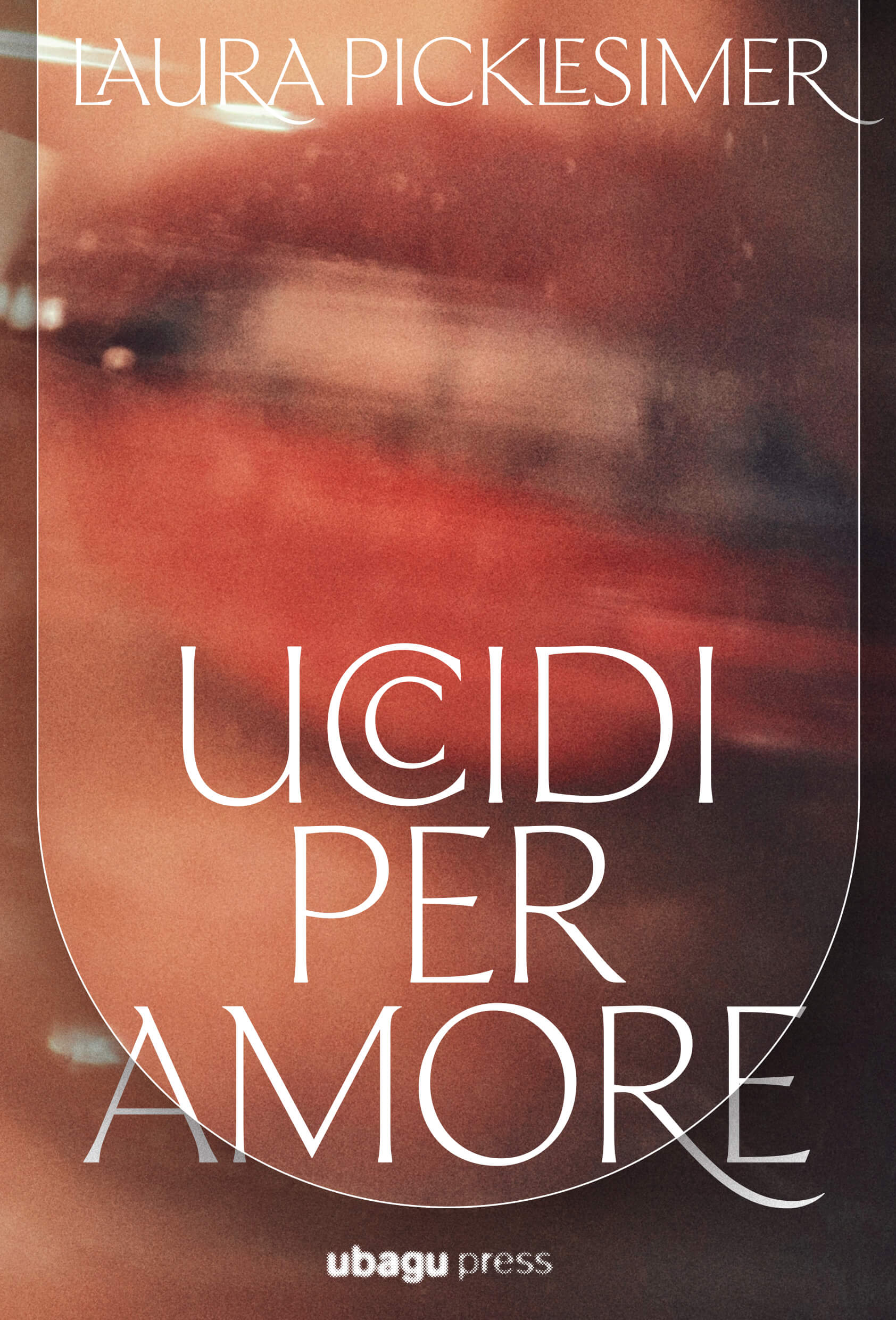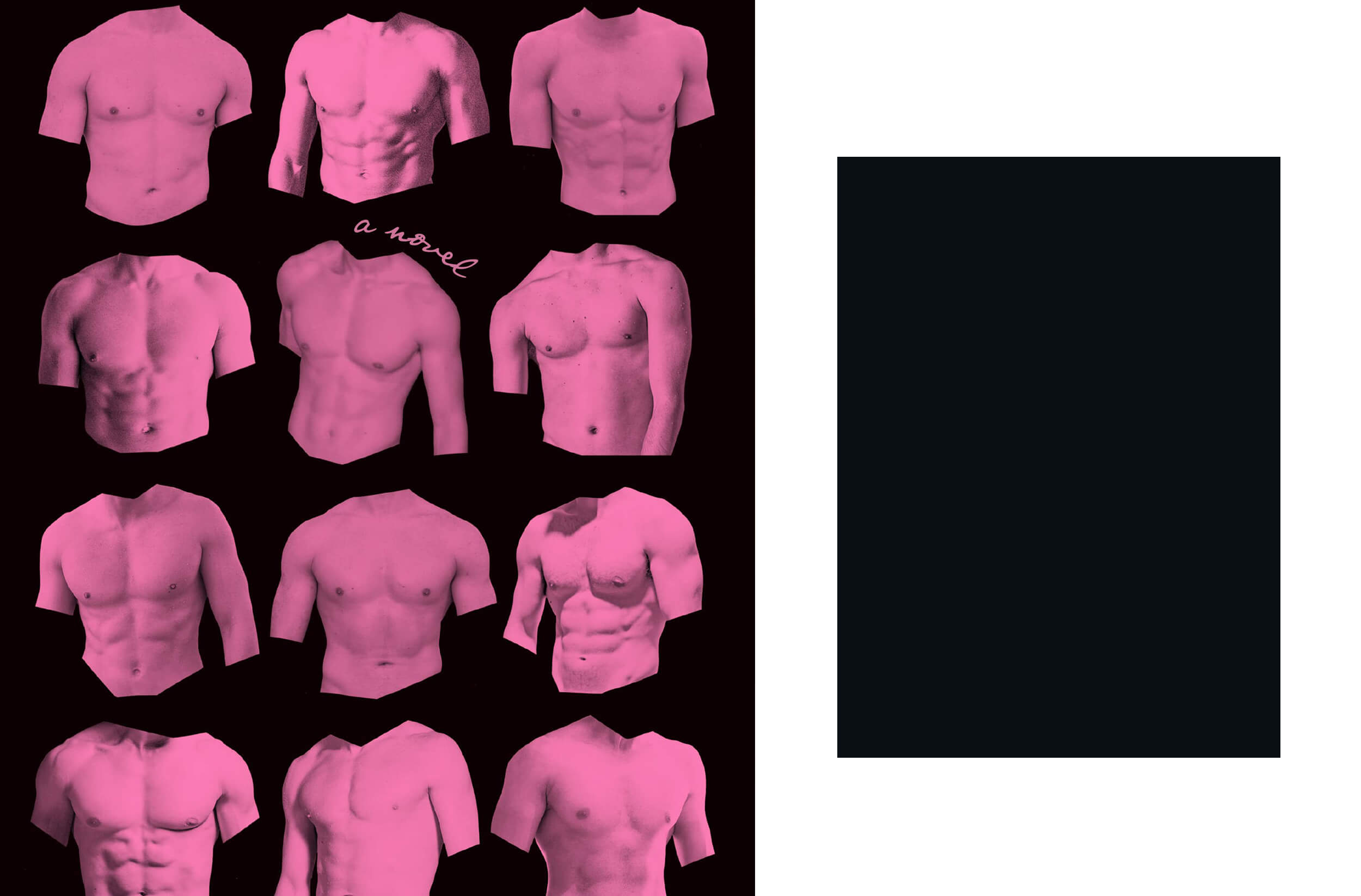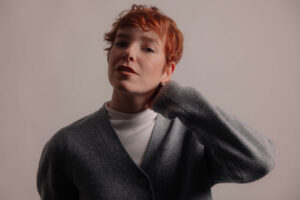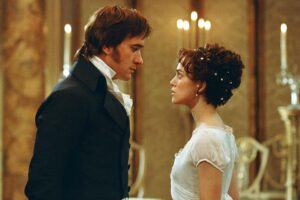What happens when a woman stops performing for the world and starts living for herself? When she abandons the carefully curated feeds, the perpetual smile, the endless need to please, and discovers something raw and untamed beneath the surface? In the sun-drenched, shadow-laden landscape of Los Angeles, where dreams shimmer like mirages and authenticity feels as elusive as morning fog, Tiffany dares to shed her digital skin and embrace something far more dangerous—her true self.
“Kill For Love” emerges from the collision between expectation and rebellion, between the suffocating weight of feminine performance and the intoxicating rush of complete freedom. Born from a writing exercise that asked author Laura Picklesimer to channel the voice of Patrick Bateman, the novel transforms into something entirely its own: a visceral exploration of what it means to be seen, to be real, to be gloriously, terrifyingly alive in a world that profits from your prettiness and silence.
This is not just another story about revenge or rebellion. This is about the moment when the mask falls away, when the performance ends, and when a woman discovers that her hunger, for authenticity, for power, for herself, might just consume everything in its path. In the city of angels and broken dreams, where every street corner holds both promise and peril, we meet a protagonist who refuses to be anything other than completely, unapologetically human.
I loved “Kill For Love” – it was such an engaging story. When did the need to write this book come to you, and how was the process of writing it?
Thank you! The genesis for the book came about ten years ago when I was taking a writing workshop. I was given the short exercise to write in a famous literary voice, and I chose Patrick Bateman from American Psycho. To subvert and modernize the writing, I decided to adopt the perspective of a young woman living today in Los Angeles. I wondered what similar contemporary ecosystem might parallel the toxic capitalistic culture of Wall Street and arrived at the college Greek system. I named the character Tiffany and wrote a page or two in her voice, then I turned the sketch into a short story that ended with her first murder. A year or so passed, but the character stuck with me, and I wanted to answer more questions about her: what drove her, what kind of life she had prior to college, what would happen if she had a potential love interest. During this time, I applied to graduate writing programs and decided that a full novel would be my focus. The story really flowed after I decided on the book’s ending, and the draft grew more furious and visceral as I wrote toward that finale scene.
Tiffany is a character that reminds me of figures such as Medea (from Greek classical literature), Madison Montgomery from American Horror Story, Jennifer Check from Jennifer’s Body, and Patrick Bateman from American Psycho. But where does she really come from? And did this character surprise you somehow while you brought her to life?
As I mentioned, the beginning model for Tiffany was indeed Patrick Bateman. Her more modern surroundings provide a unique take on the vapidity of her daily life: diet culture, social media, consumerism and surface-level relationships. I also thought a lot about Cher Horowitz from Clueless, particularly those lighter moments that depict the surreal insanity of influencer life in Los Angeles. Ultimately, though, Tiffany is all her own.
I was most interested in the exploration of gender throughout the story: starting with this hyper-feminized, rigid adherence to gender norms and then taking her into a feral, stronger version of herself.
As far as surprises, the novel takes place in locations across Los Angeles that are very familiar to me: neighborhoods I lived in myself or was adjacent to, so writing these locations from Tiffany’s point of view came with a few surprises. She notices different things about the world around her and is completely unfiltered in her judgments. This perspective transforms the entire city. For example, Griffith Park is one of my favorite spots in Los Angeles. Usually I’m there in the day, hiking, taking in nature, catching up with friends. Writing a nighttime murder scene in the park from Tiffany’s predatory eyes turned it into a different, lethal world.
Another huge protagonist in this story is the city of LA, with all its dynamics and problems. Is it still the city of dreams, as Hollywood made us believe?
Los Angeles is a city that has been in flux since its founding not so very long ago. And as many who visit soon learn, it’s comprised of dozens of smaller neighborhoods with their own varied aesthetic, topography and culture. I’ve lived on both the Westside and the Eastside of the city, from the affluent college town of Westwood to the grimy chaos of Hollywood. I think L.A. is a place where both dreams and disillusion are still very much alive. A big misconception is that it’s an easy place to live. The city has faced a lot of challenges, especially since the pandemic: the cost of housing has absolutely skyrocketed, and the recent fires in January decimated two entire neighborhoods and burned down over 13,000 homes. But I think there also is a good deal of community and pride in the city, more than people might realize. I was born and raised in Southern California and have lived in Los Angeles for twenty years, so for me, it will always be home.
Even though it has dark tones and focuses on revenge and criminal behaviors, there’s space for determination, specifically female determination: what are your thoughts on the difficult and important topics of this book?
There’s very little space in classic literature for women to exhibit criminality unless there’s a justifiable reason driving their violence like abuse or revenge. This has been changing in recent years, but in the past, it was only male characters who had the luxury of being irredeemable, unlikeable misers. I love a good revenge plot, but with Kill for Love, I wanted to show a woman who isn’t easily categorized, who doesn’t just commit crimes because she is avenging someone or had been wronged or abused herself. I was drawn to the idea that Tiffany finds a satisfaction going against all types of societal expectations: by eating heartily, lifting weights, refusing normal niceties, and also stalking and attacking men who aren’t necessarily a threat or entirely deserving of her rage. If I presented her as an avenging hero, I wouldn’t be able to critique her privilege and examine her complexities to the same degree.
How did social media impact the writing and reception of this book, since they also play a role in the story?
Social media plays a big role in the early part of the novel since Tiffany is bound and restrained by it. She spends an entire day producing content, but none of it – the pics of her sushi plate, the get-ready-with-me videos, her expensive purchases – make her happy. It’s not really her; it’s who she thinks the world wants her to be. Her real identity is much more carnal – and much angrier. When she begins murdering, she must abandon her phone to avoid leaving a digital trail. Beyond the practicality of this action, it also shows how she’s now doing things for herself and her own violent desires, not for the expectation of others. I think it’s this offline version of living that becomes a liberating force for her and vicariously, for readers. I have a similar view on the ways the online world can present us with a false sense of authenticity. I’m a big fan of taking digital breaks, not just to avoid being detected for murder. 😆

“That rush where you surprise yourself and feel completed, whole. Alive.” What makes you feel alive?
Nature, art, books, friends, and family. The most wonderful thing about living in Los Angeles is that in a single day, I can hike out to the very top of the city above all the noise and traffic and get lost in nature, and then come back down and attend a film festival or a book reading. Things like that make me feel alive and connected to the world.
What’s the latest thing you discovered about yourself, thanks also to your work?
As a writer, I discovered that I’m drawn to horror, specifically body horror. I honestly didn’t think of myself as writing horror until Kill for Love was published, and it showed up in the horror sections of most bookstores! But I’m very interested in the idea of how society feels a sense of ownership over a woman’s body and how this is then internalized. The transformation (and even destruction) of femme bodies as a way to combat these expectations is an element that I return to, again and again, in my fiction.
What does it mean to you to be comfortable in your own skin?
I think it’s being secure enough to do something for yourself, not for other people’s expectations or for likes or even to capture it for your future self. It’s being present in the now with the people who make you feel seen and heard.
Are you already working on a new project? Is there something you feel like sharing with us?
I am! I’m drafting a connected short story collection called Synthetic Girls, along with a stand-alone book set in the same world – a near future that depicts a legion of female androids who upon achieving self-determination, revolt against the tech billionaires who created them. The project is heavily influenced by pop culture and the stranger-than-fiction stories of hubris and detachment that define today’s global tech oligarchs.
Since you are also a professor of English and creative writing, what’s the best piece of advice you would love to share with aspiring writers?
Read as much as you can. If you’re interested in a particular genre, subject or style, find other authors who write in that space and read their work. Look for independent bookstores in your area, support them, and establish a community, since writing is so solitary, and it can help immensely to find compatriots (and future readers).
What’s the book on your nightstand right now?
I have a few titles on my bookshelf right now, many related to my current writing project. I just finished Tilt by Emma Pattee, and I’m in the middle of The Eyes Are the Best Part by Monika Kim. I’m also reading the non-fiction book More Everything Forever by Adam Becker and re-reading Do Androids Dream of Electric Sheep? (Blade Runner) by the late great Phillip K. Dick.
What’s your happy place?
Either by the ocean or on a hiking trail – anywhere I can hear moving water.
Thanks to Ubagu Press.





